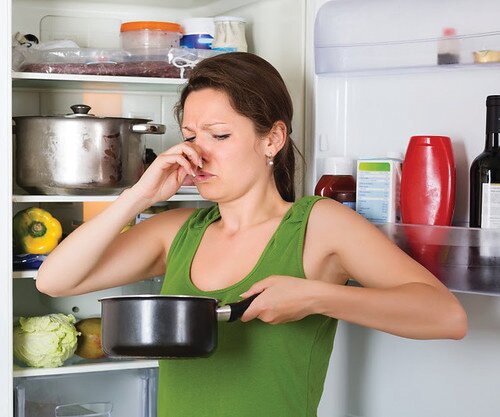Poison Center: Residents must be vigilant of toxins, food spoiling in emergency
CLAY COUNTY – As Hurricane Idalia swiftly approached Florida, residents were urged to remain cautious about potential toxins that can pose risks during a storm and the aftermath. ...
This item is available in full to subscribers.
Attention subscribers
To continue reading, you will need to either log in to your subscriber account, below, or purchase a new subscription.
Please log in to continueDon't have an ID?Print subscribersIf you're a print subscriber, but do not yet have an online account, click here to create one. Non-subscribersClick here to see your options for subscribing. Single day passYou also have the option of purchasing 24 hours of access, for $1.00. Click here to purchase a single day pass. |
Poison Center: Residents must be vigilant of toxins, food spoiling in emergency
CLAY COUNTY – As Hurricane Idalia swiftly approached Florida, residents were urged to remain cautious about potential toxins that can pose risks during a storm and the aftermath.
Michael McCormick, Media Relations and Education Coordinator at the Florida/USVI Poison Information Center, emphasized the importance of the public taking special awareness regarding toxins during a critical emergency.
Toxins and hurricanes are a deadly pair. McCormick said there are three stages of a hurricane, including before, during and after the storm. The deadliest time for poisonings is after the storm.
“After the storm (is) when we really see a lot of poisonings pop up,” he said.
There are several factors to take into consideration during this time. Above all else, beware of carbon monoxide. He said the “silent killer” is the most significant concern that the public should be aware of. He said that carbon monoxide is odorless and invisible, and anything with an engine that can create smoke can potentially create the toxic, deadly gas.
“You see people that take a grill or generator inside, that can lead to deaths. Never use (generators) in a home or garage. I don’t care if the garage door is open. It still needs to be 20 feet from the house. It must be 20 feet from the home. Just look at all of the carbon monoxide deaths from Hurricane Laura,” McCormick said.
According to the Louisiana Department of Health, he was referring to the Category 4 storm that struck Louisiana in August 2020, where eight of the 15 hurricane-related deaths were attributed to generators. McCormick also urged all residents to have carbon monoxide detectors installed. If used properly, generators can provide life-saving power, but please use them cautiously.
Like poisoning concerns during back-to-school, medication errors can occur during disasters. Stress, evacuations, power outages and unfamiliar environments can lead to individuals grabbing the wrong dosage or medication. McCormick advocates for a written medication plan in advance and storing it in a waterproof container. Keep medicines high, dry, and locked up far away from the reach of children.
McCormick recommended residents secure a three-day supply of non-perishable foods, ideally those that require little cooking, preparation or refrigeration. When power is disrupted, perishable items in the refrigerator become hazardous if they exceed 40 degrees for more than four hours.
Freezers can preserve food, but only temporarily. At half-full, foods can be preserved for one day. If the freezer is full, they can last two days. But open the door rarely and keep foods clustered tightly together to retain the lowest possible temperature. Water should only be stored in containers designed for food. That’s because utilizing other receptacles could inadvertently lead to toxin exposure. If boiling water is necessary, make sure that you do so for at least one minute.
As Idalia quickly approached, McCormick’s guidance became particularly valuable. Amidst the chaos and dangers of the storm, please be mindful of poisons and toxins and take as many preventive measures as possible to ensure your and your family’s safety.
For more information on poison exposure, the Florida/USVI Poison Information Center’s hotline is (800) 222-1222. Save the number into your phone and call it during Hurricane Idalia or another emergency. The Poison Information Center’s calls are computerized and entered into a database that tracks more than 500,000 substances. Florida’s locations in Jacksonville, Tampa and Miami are part of a national network of 55 locations that offers a lifeline for help.







